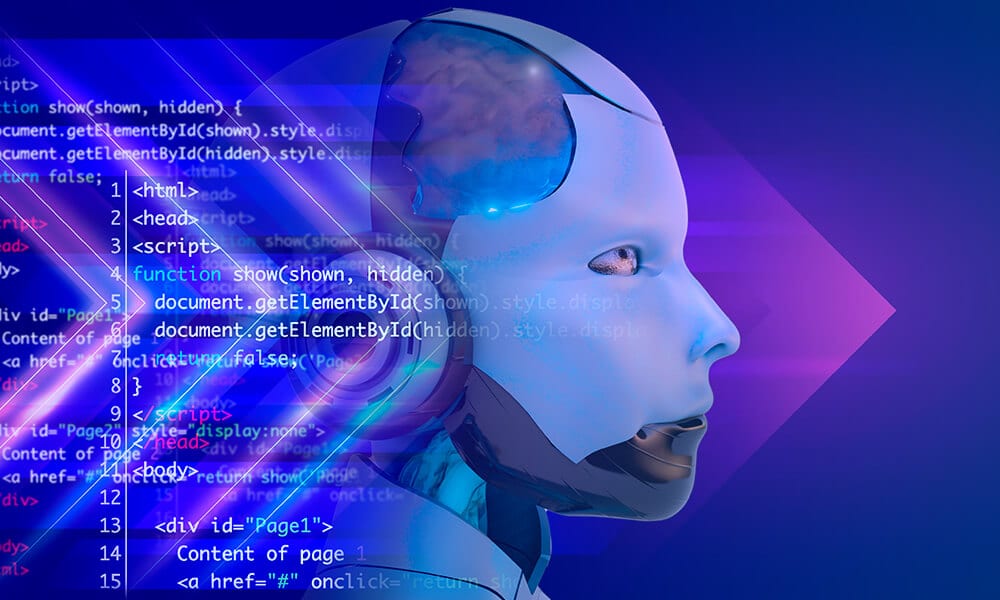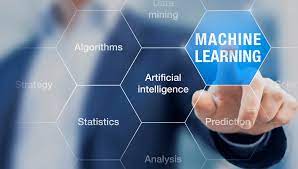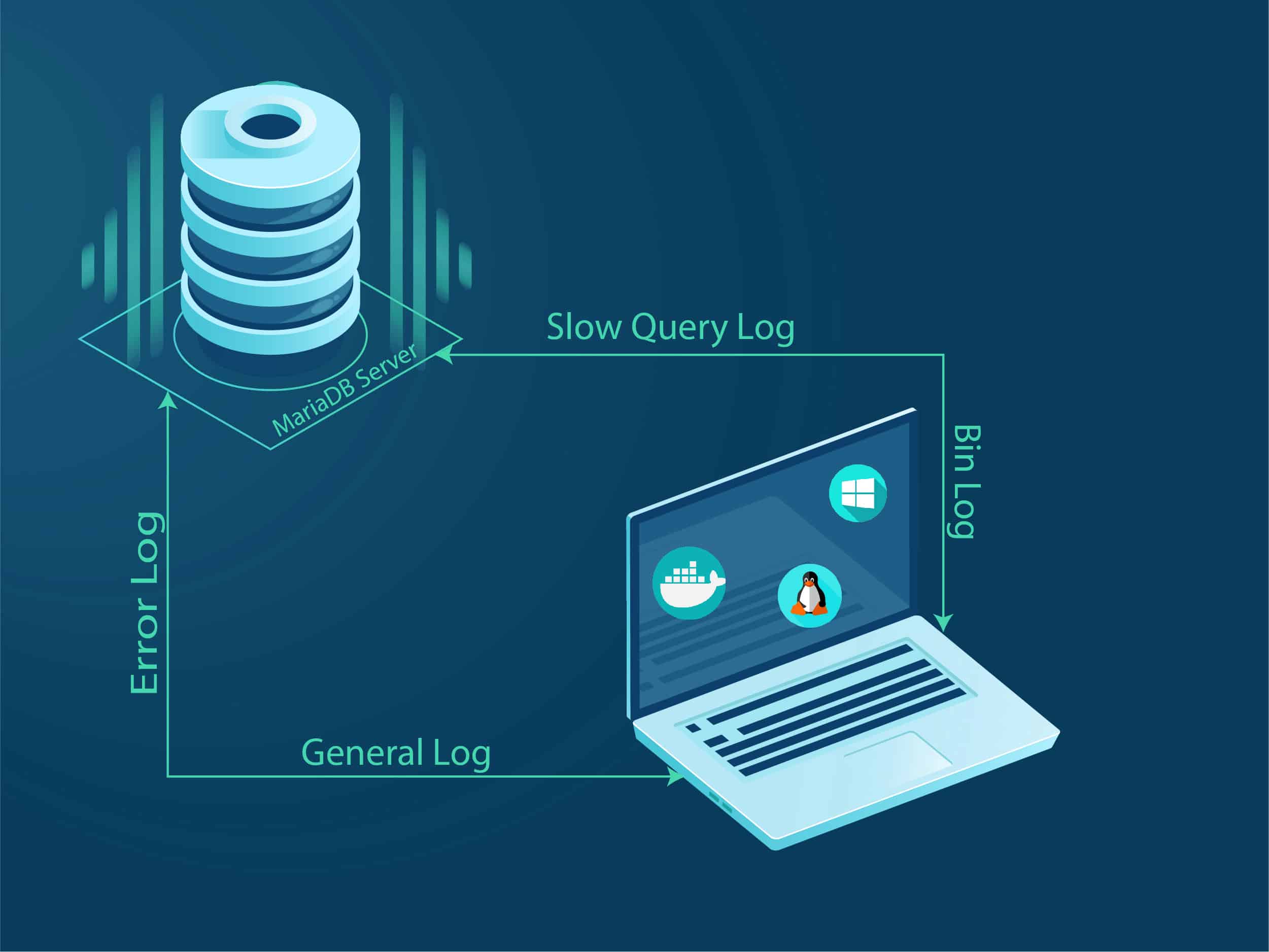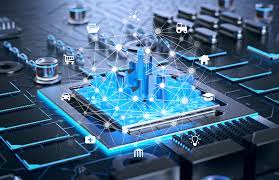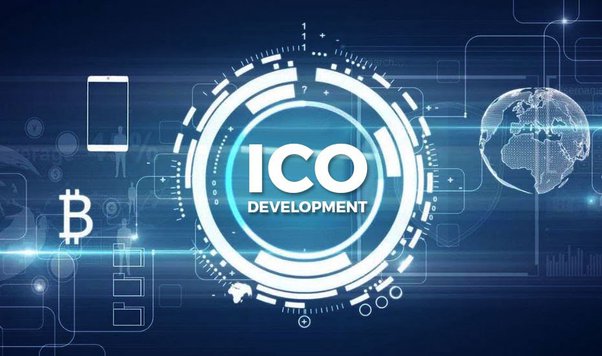Top 11 Coding Books for Beginners: Worth a Read
Content
Everyone has a unique way of learning, and everyone learns best in different ways. But to most people, the act of learning to code seems like a difficult, frustrating endeavor. It requires hours of studying, memorizing algorithms and programs, and endless testing, debugging, and practice. After all, most people don’t have the opportunity to learn coding from a young age, like they might with other subjects.
At the end, it goes beyond tech knowledge to cover job-search/interview tips and advice for working with a team. Though there are several online tools to learn to code, books are the best resources that you should consider. Our selection of the top coding books includes titles for all levels of programmers, from beginners to experienced individuals.
The Effective Engineer
Althoff is a self-taught programmer who took a job at eBay, only to find there was still a tremendous amount to learn to be a professional programmer. Steve covered this book with extensive projects to make it easy for everyone to enhance coding skills. It is fully loaded with integration, architecture, testing, and leading-edge coding concepts of software development.
The latest edition of refactoring features JS code examples and examples demonstrating refactoring without classes. The Structure and Interpretation of Computer Programs, a.k.a. SICP is among the best books to learn the fundamentals of programming. Employed as a foundational course to programming at MIT, SICP is a generic programming book that uses Scheme to illustrate the various programming concepts. Initially, the programming book walks you through the design patterns and how they help design object-oriented software. Later, it moves on to explain and evaluate commonly occurring designs in object-oriented software. Moreover, you will explore how each design pattern is applicable in certain situations when to apply a design pattern in your design and the consequences of using a design. In this book, Martin Fowler has mentioned nuts-and-bolts advice on object-oriented programming .
Code Simplicity: The Fundamentals of Software
— If you are new to the Programming world then I suggest you start your journey with Python, one of the most popular languages of the programming world. If you need recommendations I highly recommend The Complete Python 3 Bootcamp course by Jose Portilla on Udemy. It’s a great online course with live examples to refactor code to make it better. There is no better way to learn than watching someone who takes a working legacy code and makes it better. For better and quicker learning, you can also combine this book with the Refactoring Pyramid explained in simple steps course by Woldek Karkowoski on Udemy. I like the book, which teaches about coding strategies, and author Kate Thompson has done a great job in explaining how to avoid mistakes in programming.
Has been completely remastered to reflect the issues and needs of the modern programmer in this 20th-anniversary edition. You’ll approach topics such as personal responsibility and career development to techniques for writing code that’s flexible and easy to adapt. Working Effectively with Legacy Code is a programming book written by Michael C. Feathers. It is one of the best books to learn programming that teaches how legacy code problems without going through the expensive task of rewriting all existing code.
Books to Read When Starting to Code
Beginning Programming with Java For Dummies will help you to ‘speak’ Java as it starts with basic concepts like variables, methods, loops and arrays, objects, classes, etc. Also, this book is updated with Java 9 so you can learn the language with various samples. Introduction to Algorithms provides a comprehensive introduction to the modern study of computer algorithms. The author fully loads this book with algorithms, covers a considerable depth, and makes design and analysis accessible to all readers. Some key features of this book are pseudocode, arithmetic algorithms, and arithmetic circuits. Each chapter of this book presents an algorithm, a design technique, an application area, or a related topic. It describes the algorithms in this book in English and Pseudocode, designed to be readable by anyone who has done a little programming.
Should I learn C or Python?
Ease of development – Python has fewer keywords and more free English language syntax whereas C is more difficult to write. Hence, if you want an easy development process go for Python. Performance – Python is slower than C as it takes significant CPU time for interpretation. So, speed-wise C is a better option.
This programming book offers tons of different perspectives and viewpoints on the world of coding. Programming is more than memorizing principles of coding languages; it’s learning to think outside the box and solve problems creatively. That’s the focus of this coding book, which goes over one programming concept in each chapter.
Clean Code: A Handbook of Agile Software Craftsmanship
You’ll get a strong foundation in coding skills that will set you up for long-term career success. And since this is considered essential reading among many programmers, you’ll have to read it at some point. So start now, at the beginning of your career, and learn good habits that will help you learn new coding languages more efficiently for years to come. It is one of the best programming books for beginners that teaches how to write beautiful, effective code. Sometimes a problem calls for an unconventional solution, and sometimes that solution involves exploiting holes in someone else’s programming. Using the included diagrams and easy-to-follow text, readers can try their hands at a variety of existing hacking techniques. Lay hands on this software development book to understand the essence of programming, independent of coding tools or frameworks.
Access valuable techniques to minimize and eliminate errors, design for maximum creativity, and debug code effectively. You’ll learn the value of collaborative development and how to integrate quality throughout the entire phase of software construction.




